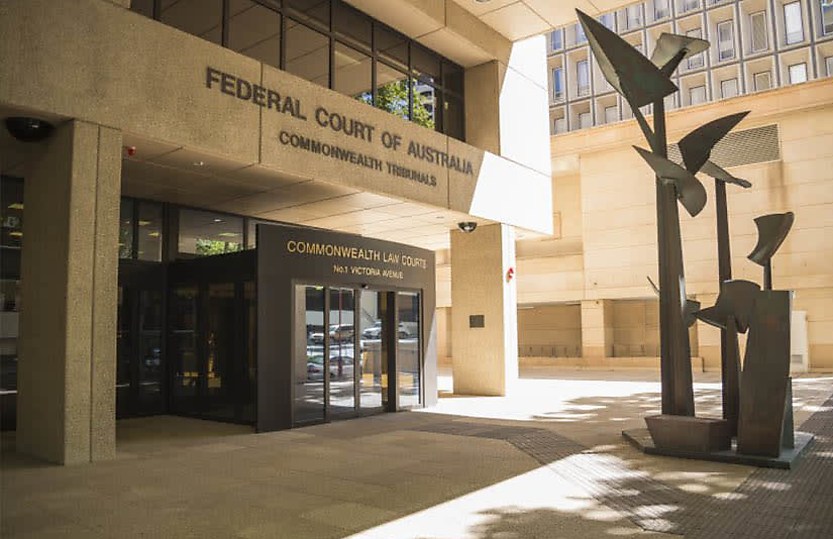PepsiCo wins appeal against Commissioner of Taxation

PepsiCo successfully appealed a Federal Court finding that it was liable for royalty withholding tax payments.
The Federal Court reversed a finding that PepsiCo was liable for royalty withholding tax because of payments made to bottling company Schweppes Australia under exclusive bottling agreements (EBA) to distribute Pepsi, Mountain Dew and Gatorade products.
The EBAs allowed for trademark use but no payments were made by PepsiCo and packing company Stokely-Van Camp (SVC) for intellectual property rights, which was at the heart of the case originally brought by the Commissioner of Taxation.
The Full Court, made up of Justices Ian Jackman, Nye Perram and Craig Colvin, set aside the trial judge’s findings in favour of the commissioner and notices of assessment for royalty withholding tax.
In the judgment, delivered on Wednesday (25 June) morning, they said because payments did not include an element for the licence to use trademarks or other intellectual property, they were not royalties within the meaning of the Income Tax Assessment Act 1936.
“In summary, we conclude that the payments made by the bottler to the seller were concentrate alone and did not include any component which was royalty for the use of PepsiCo/SVC’s intellectual property,” the written reasons for the judgment set out.
Last November, the Federal Court’s Justice Mark Moshinsky found PepsiCo was liable for the royalty withholding tax at a five per cent rate for a portion of payments made under the EBAs.
The payments found to be the subject of the tax included trademark use, formulas, recipes, and material for the production and marketing of the Pepsi, Mountain Dew and Gatorade products.
The Commissioner of Taxation argued because no royalties were paid under this agreement, no withholding tax was paid in Australia.
The EBAs were held to be royalties or, in the alternative case, a rate of 40 per cent diverted profits tax (DPT) would apply.
DPT is used to prevent the diversion of profits offshore by significant global entities through arrangements involving related parties.
It was the first time DPT provisions were considered by a court.
In the trial, the commissioner advanced two cases, and the second – proposed as an alternative – claimed by entering into the EBAs, PepsiCo and SVC entered into a scheme “which was subsequently carried into effect and…conferred upon them tax benefits”.
Those alleged benefits were that PepsiCo and SVC were not eligible for royalty withholding tax in Australia and, because of this outcome, the companies could reduce the United States tax on income.
The commissioner alleged PepsiCo and SVC entered into the schemes with the “principal purpose” of obtaining these benefits.
Given their first case did succeed, Justice Moshinsky said he did not have to rule on the commissioner’s second case.
However, Justice Moshinsky said if he could, he would have found it could be contrived from the EBA payments that were “ostensibly for concentrate alone are in substance for both concentrate and the licence of valuable intellectual property”.
PepsiCo appealed from the first case and the commissioner appealed on the second in the event PepsiCo was successful.
Justices Jackman and Perram dismissed the commissioner’s appeal.
In a dissenting opinion, Justice Colvin said he would have allowed both PepsiCo’s appeal and the commissioner’s appeal.
Justice Colvin said having regard to the whole of the EBAs “makes plain that it is not an agreement to supply concentrate”, and likely included the “strong and valuable” component of trademarks.
“If the amount that is required to be paid under the EBAs is for the concentrate alone then the right to distribute the branded products is being afforded without any part of the monetary consideration being attributed to the licence to use the valuable brands of PepsiCo.
“That is a commercially unreasonable view of the terms of the EBAs considered as a whole,” Justice Colvin found.






